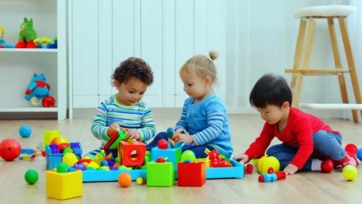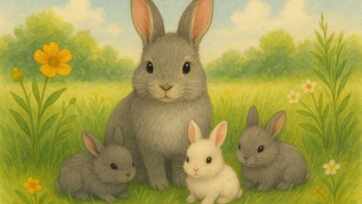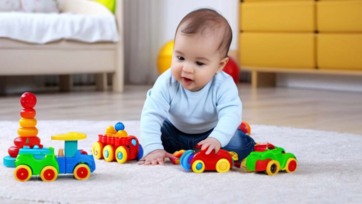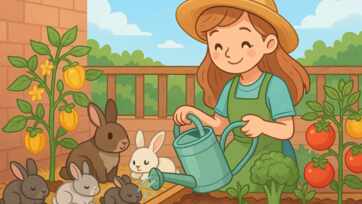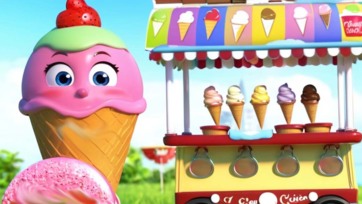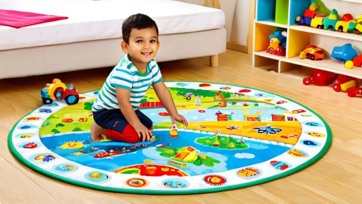- Construction Sets LEGO sets and other construction toys help children develop fine motor skills, spatial awareness, and creativity. They also encourage problem-solving and planning abilities as children figure out how to build various structures.
- Arts and Crafts Art supplies such as markers, paints, glue, and scissors allow children to express their creativity and improve their fine motor skills. Craft kits can also introduce them to following instructions and completing projects.
- Role-Playing Toys Dollhouses, action figures, and costumes enable children to engage in imaginative play and develop their social skills. These toys help children understand different roles and scenarios, fostering empathy and creativity.
- Educational Games and Puzzles Games that teach numbers, letters, and shapes are excellent for cognitive development. Puzzles with more complex designs help improve problem-solving skills and hand-eye coordination.
- Outdoor Toys Tricycles, balance bikes, and balls are great for physical development. They help children improve their balance, coordination, and overall fitness while having fun outdoors.
What to Consider When Buying?
Safety Ensure the toys are made from non-toxic materials and do not have small parts that could be a choking hazard. Check for sturdy construction to avoid breakage that could create sharp edges.
Educational Value Choose toys that are both entertaining and educational. Look for options that promote learning in areas such as problem-solving, creativity, and social interaction.
Age-Appropriateness Select toys that are suitable for the developmental stage of your child. Toys for 3-5 year olds should be challenging enough to be engaging but not so difficult that they cause frustration.
Durability Toys should be able to withstand rough play typical for this age group. Look for easy-to-clean materials and robust construction.
Interest and Engagement Consider your child’s interests when selecting toys. Toys that align with their preferences will keep them more engaged and provide greater learning opportunities.
Conclusion When choosing toys for 3-5 year olds, prioritize safety, educational value, age-appropriateness, durability, and the child's interests. The right toys can significantly boost your child's development, creativity, and social skills, all while providing endless fun and entertainment.
e: Toys for 5-7 Year Olds: What to Consider When Buying?
Toys for 5-7 Year Olds: What to Consider When Buying?
As children enter the 5-7 year age range, their cognitive, physical, and social abilities continue to expand rapidly. At this stage, they are starting school, developing more advanced skills, and exploring new interests. The right toys can support their growth and provide both educational and recreational value.
Recommended Toys
- STEM Toys Science, Technology, Engineering, and Mathematics (STEM) toys, such as beginner robotics kits, science experiment sets, and building blocks, can stimulate curiosity and foster problem-solving skills. These toys encourage logical thinking and creativity.
- Board Games Board games that require strategy, teamwork, and critical thinking are excellent for this age group. Games like "Monopoly Junior," "Candy Land," or "Guess Who?" can be both fun and educational, helping children develop social skills and patience.
- Arts and Crafts Kits More complex art supplies and craft kits, such as bead sets, weaving looms, and paint-by-number kits, can help enhance fine motor skills and creativity. These activities also provide a great way for children to express themselves artistically.
- Sports Equipment At this age, children often have the coordination and interest to start participating in sports. Soccer balls, basketball hoops, jump ropes, and other sports equipment can help improve their physical fitness and encourage teamwork.
- Reading and Educational Books Books tailored to early readers can enhance literacy skills and foster a love of reading. Educational books on topics of interest, such as animals, space, or history, can also expand their knowledge and curiosity.
What to Consider When Buying?
Safety Ensure that toys are made from non-toxic materials and are free from small parts that could pose a choking hazard. Always check age recommendations and safety certifications.
Educational Value Choose toys that support learning and development. Toys that teach new concepts, encourage exploration, and enhance cognitive skills are particularly beneficial for this age group.
Age-Appropriateness Select toys that are suited to the child's developmental level. Toys should be challenging enough to be stimulating but not so difficult that they become frustrating.
Durability Toys should be durable and able to withstand active play. Look for high-quality materials and robust construction to ensure longevity.
Interest and Engagement Consider the child’s interests and hobbies when selecting toys. Engaging toys that align with their passions can keep them entertained and motivated to learn.
Conclusion When choosing toys for 5-7 year olds, prioritize safety, educational value, age-appropriateness, durability, and the child’s interests. The right toys can provide a perfect blend of fun and learning, helping children develop new skills and explore their expanding world.

